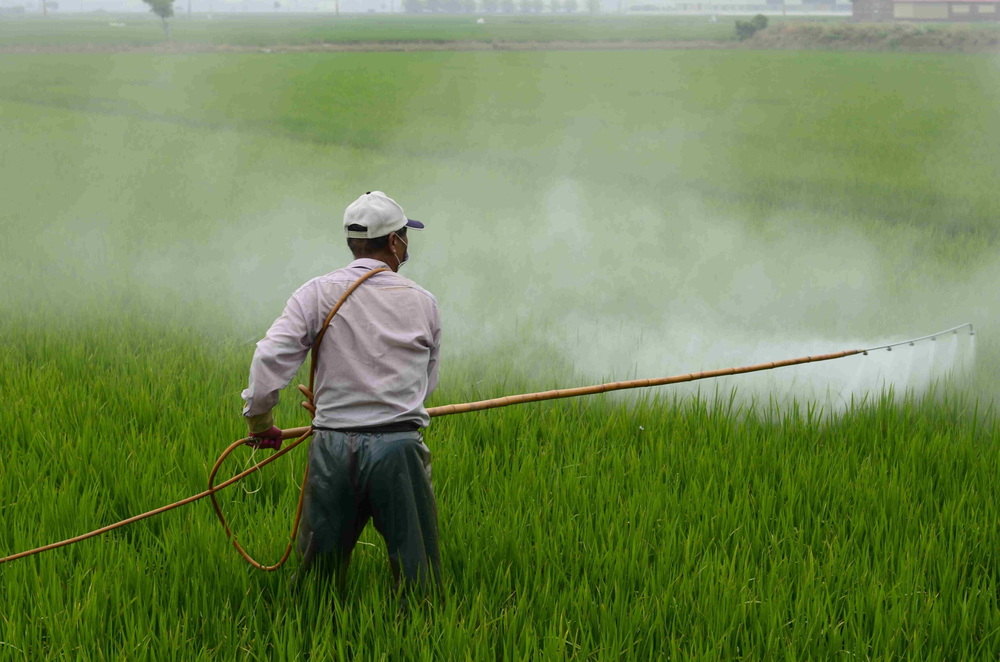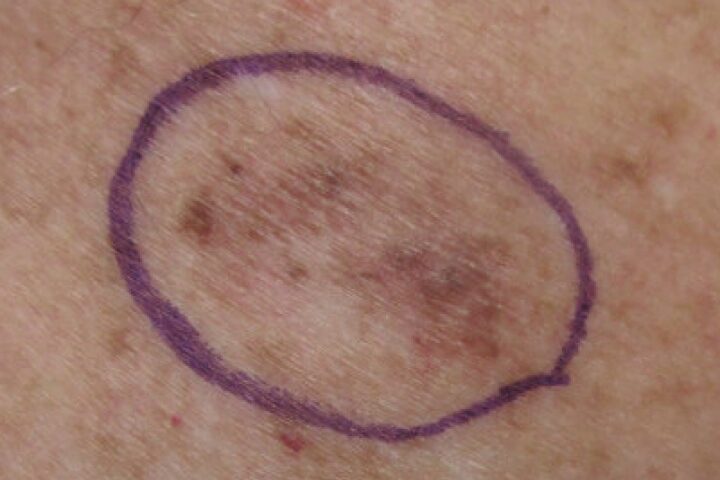AB 1963, signed by Governor Gavin Newsom, requires California’s Department of Pesticide Regulation to complete a reevaluation of paraquat dichloride by January 1, 2029. Paraquat dichloride is one of the most commonly used herbicides in the country for killing weeds, according to the U.S. Environmental Protection Agency. The agency states that the substance is “highly toxic” and that a small sip can be fatal. More than 60 countries have banned the use of paraquat. In 2022, 373,438 pounds of paraquat were sprayed across California in 6,264 unique applications, according to state data.
Health Impact and Research
A 2024 UCLA study published in the National Institutes of Health (NIH) found that exposure to paraquat increases the risk of developing Parkinson’s disease. Parkinson’s is a brain disorder that causes unwanted or uncontrollable movements, such as tremors, stiffness, and difficulty with balance and coordination, according to the NIH. UCLA researchers studied 829 patients who lived and worked within 500 meters of agricultural operations in Kern, Fresno, and Tulare counties from 1974 until their Parkinson’s diagnosis, comparing them with 824 people without Parkinson’s. The study found that “living near paraquat applications every year in the exposure window was associated with high chances PD (Parkinson’s disease).”
Freya Kamel, a researcher in the intramural program at NIEHS and co-author of the study appearing online in the journal Environmental Health Perspectives, said, “Paraquat increases production of certain oxygen derivatives that may harm cellular structures. People who used these pesticides or others with a similar mechanism of action were more likely to develop Parkinson’s disease.
Legislative Process and Community Impact
Legislators backed the bill because paraquat’s effects “fall primarily on the Latino community.” Environmental and community groups advocating for farmworkers supported the bill. The initial version proposed ending paraquat use by January 2026, but the modified version directs the Department of Pesticide Regulation to determine whether to retain, cancel, or suspend the herbicide’s registration, or impose new restrictions.
Opposition and Industry Response
Farmers opposing the law argued they would be forced to turn to more carbon-intensive alternatives, stating the chemical is essential for maintaining healthy crops. They noted that the EPA has not confirmed a causal link between paraquat exposure from label-indicated uses and adverse health outcomes such as Parkinson’s disease and cancer. Agricultural organizations emphasized that California already has strict agricultural regulations.
Similar Posts
Regulatory Oversight
DPR evaluates all pesticides for their impact on human health or the environment before California registration. Leia Bailey, the agency’s deputy director of communications, reported that DPR scientists are reviewing over 4,000 public comments and 100 scientific studies on human health and ecotoxicology impacts of paraquat use.
SprayDays California Program
The California Department of Pesticide Regulation is launching a first-of-its-kind program called SprayDays California, which will notify residents 24 to 48 hours before pesticides are sprayed within a one-mile radius of agricultural operations. The program, piloted in 2022 in Riverside, Santa Cruz, Stanislaus, and Ventura counties, is expected to launch statewide in early 2025.
Legal Challenges
Over 5,000 farmers have sued Syngenta and Chevron in the “Paraquat Products Liability Litigation,” alleging their Parkinson’s disease was caused by paraquat exposure and that the companies concealed the herbicide’s dangers. Reuters reported hundreds of additional paraquat cases pending in California state courts.
Additional Pesticide Regulations Newsom also signed legislation strengthening pesticide regulation enforcement in school zones, extending protections to private school students, teachers, and staff.


















